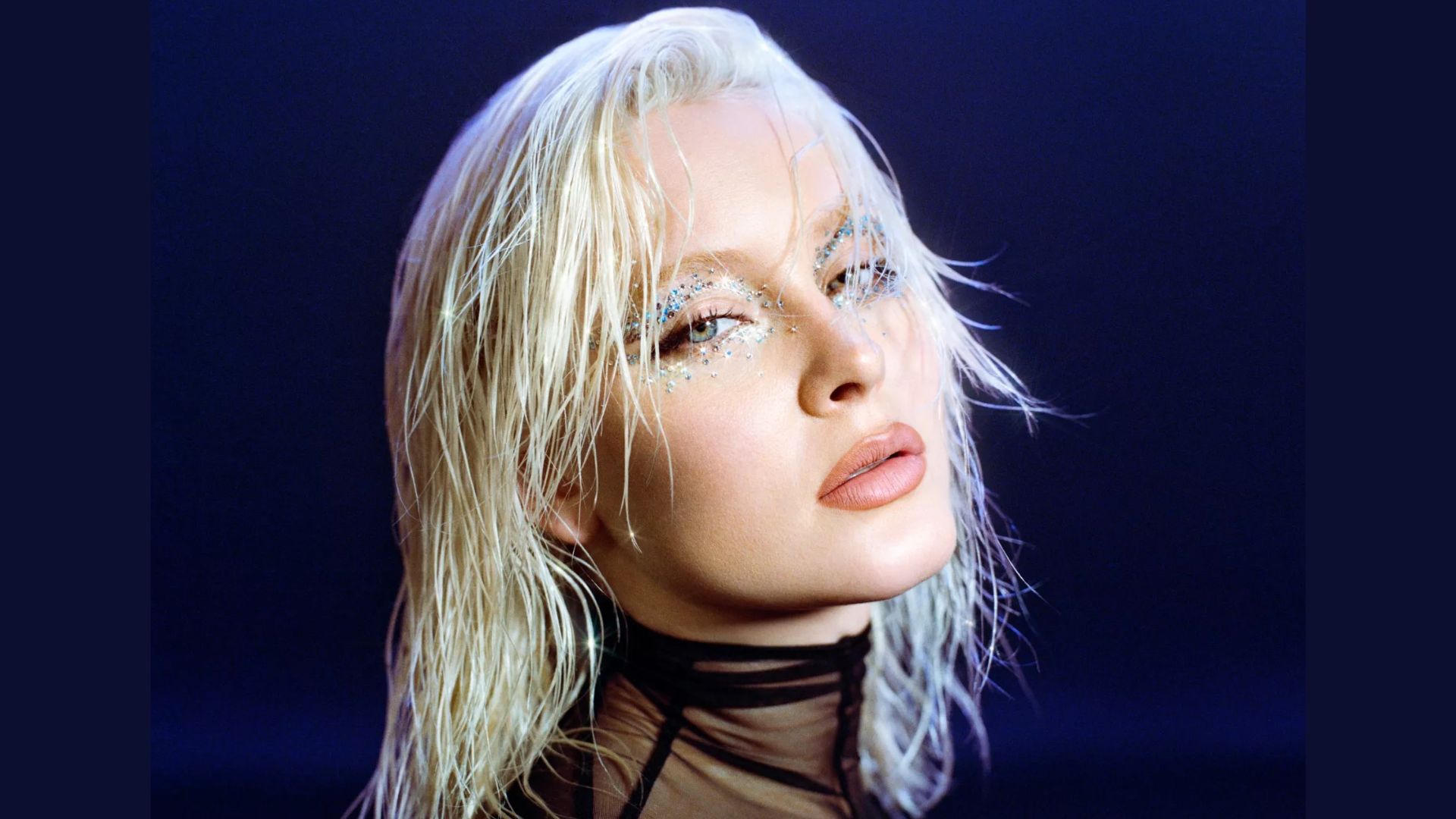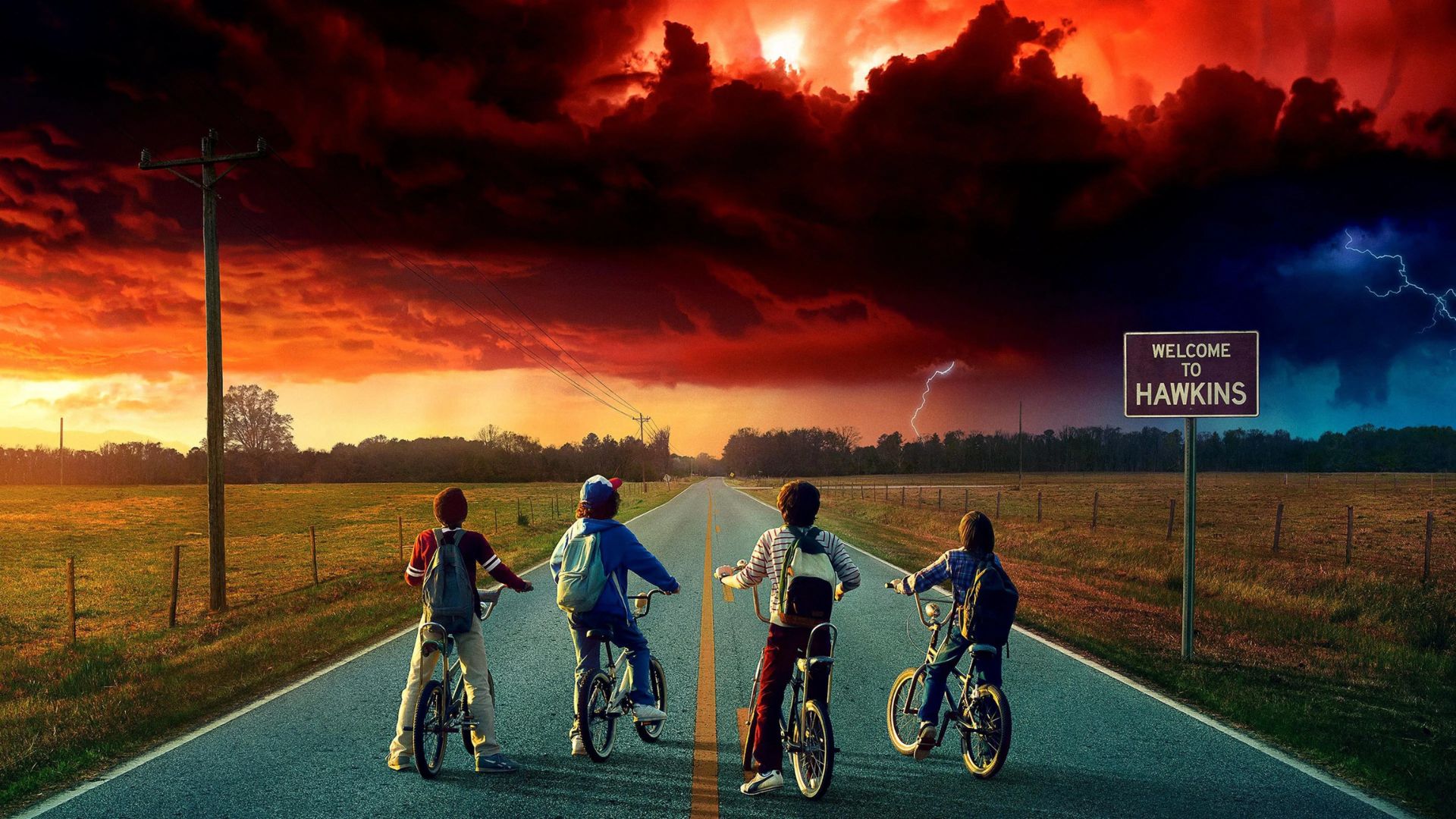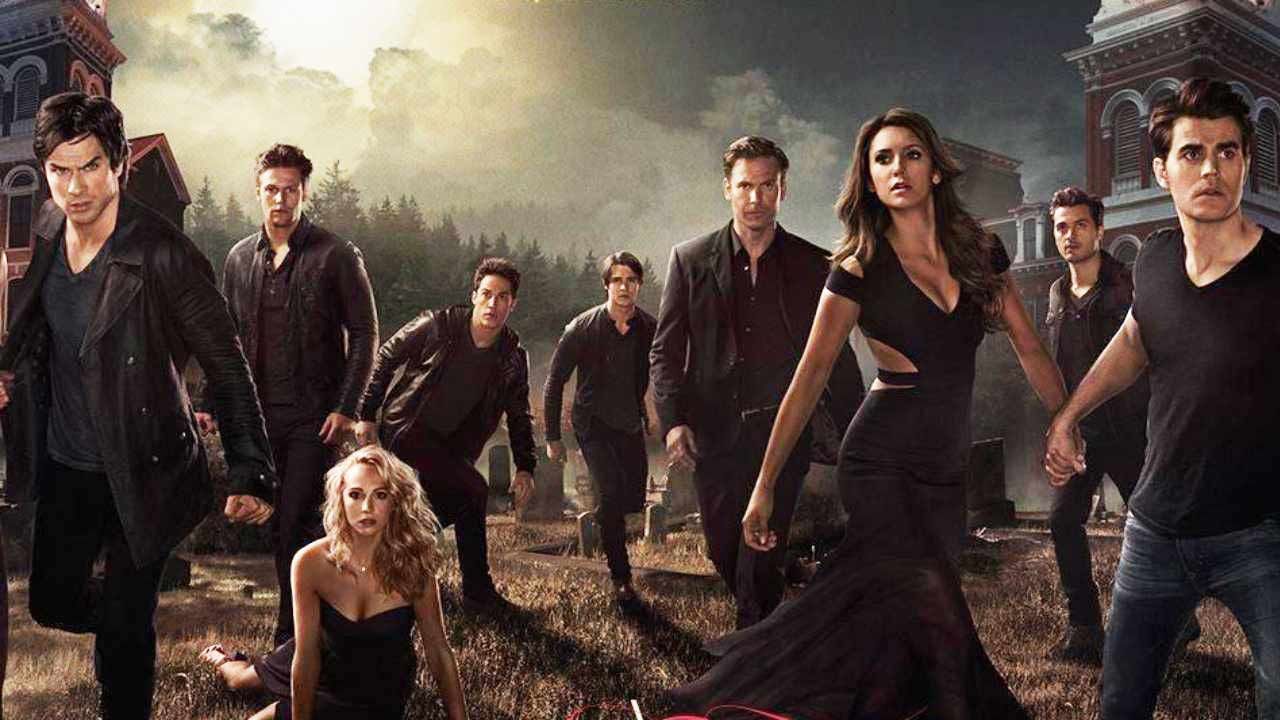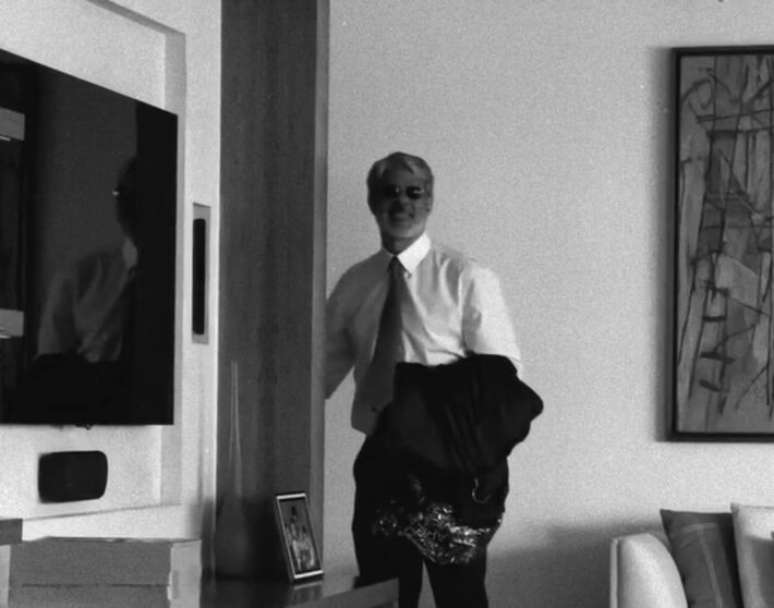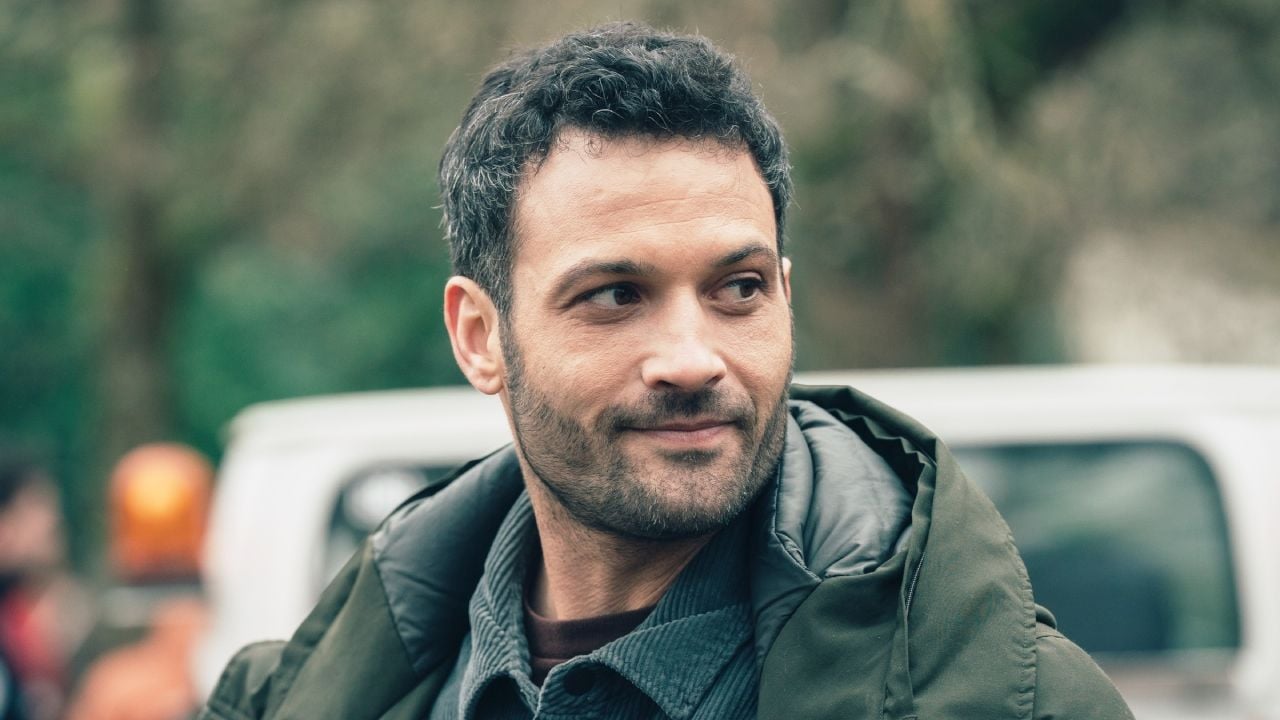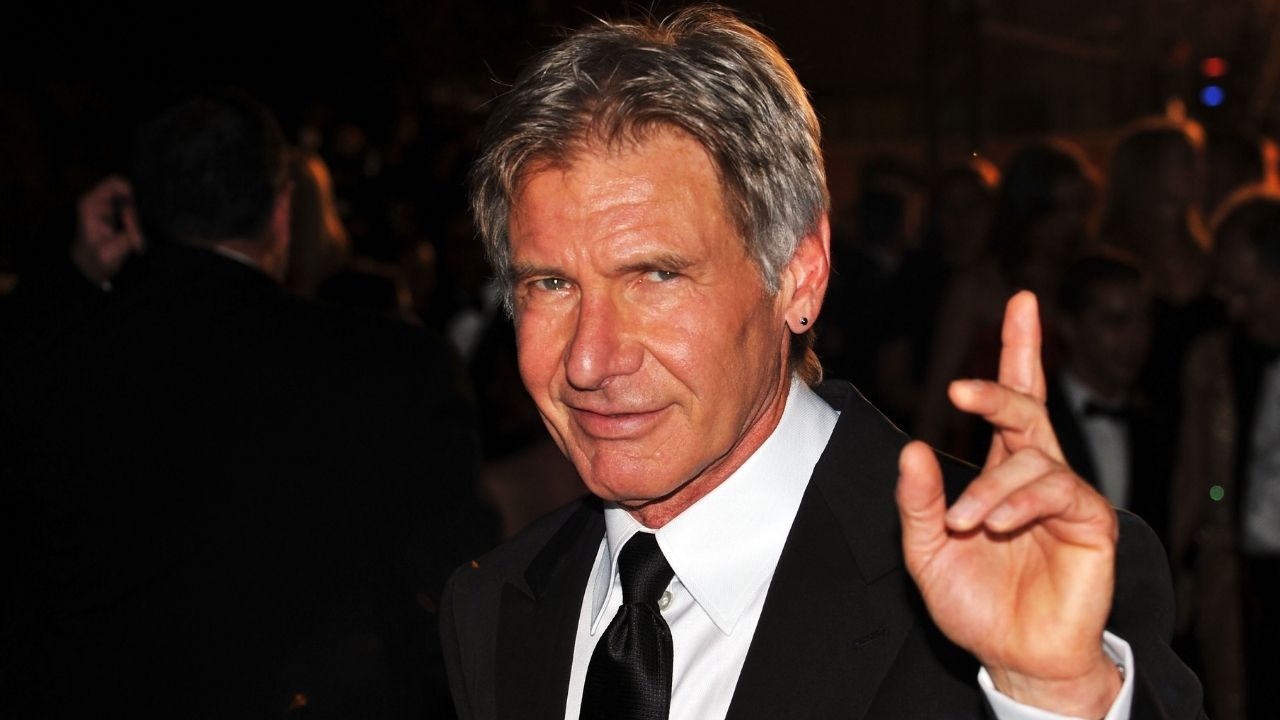Corsican tragedy and personal fiction
Julien Colonna made a splash at the Cannes Film Festival this year with his first fiction feature, The Kingdom. Presented in the Un certain Regard section, its non-professional main cast, its masterful narration of the family drama as well as its counter-expert direction of the thriller amply convinced that an extraordinary cinema auteur was born.
It was at the age of 42 that he presented this first feature film, as Jacques Audiard did in 1994 with his Watch the men fall. Although very different from each other, they nevertheless have more similarities than this single point on the calendar. Julien Colonna, like Jacques Audiard, is above all an artist. He cares, and that’s how he did it The Kingdom. But it also has this always ambivalent, vaporous and very heavy imprint of being “son of”. And he is also a man who investigates male culture with a frank and modern gaze. He therefore keeps this legacy, his influences, at a distance, and it is with a playful smile that he refuses to mention the events, the great thrillers, the crime films of history that have necessarily inspired, nourished and imagined his universe.

In the field of genre cinema
New thriller haunted by the past, The Kingdom – written in collaboration with Jeanne Herry – carefully composes different cinematic genres, with a well-digested heritage. But above all it is ninebecause we discover a splendid debut actress and an overwhelming father figure, a fusion of different energies and two worlds of the same blood that look at each other intimately and intelligently, in a Corsica that is sublime in its landscapes and emotions.
Thus, Julien Colonna, son of the great Corsican “godfather” Jean-Jérôme Colonna, who died in 2006, does not tell his story in The Kingdom. But he admits that probably only he could tell this story accurately. That of a young girl (Ghjuvanna Benedetti) who suddenly reunites with her father (Saveriu Santucci) while the latter, a figure of Corsican banditry, is involved in a violent war between clans. In this world that is literally killing itself, what can young Lesia’s aspirations be? Between a very clear fiction and a very dark reality, The Kingdom tells a legacy in a great tragedy where the same fate, tirelessly repeated, seeks its break.
The Kingdom it’s a crime thriller, a tragedy, a filial drama, and it’s fiction. But we cannot, given the topic covered and the name you bear, ignore the question of what part the practice of cinema has and what part your personal history has.
Giuliano Colonna : The Kingdom it was never intended to be autobiographical. It was very important to make a pure cinematic fiction. Obviously I was inspired by a filial relationship that I myself experienced with my parents and I drew on the veracity of a known context to construct this film. But neither I nor anyone else can claim to have experienced what we see in The Kingdom. It was about making cinema, with this material, and not in any way telling about facts or people who could have existed. We had to get out of all that and do pure script work, with my co-writer Jeanne Herry, and certainly not work from memory.
Then yes, most likely someone else couldn’t have written this story. Only I could do it, due to some connections with the topic.
The Kingdom it was born from a memory I had the day I learned I would have a child, an event that took me back to my childhood. I was about ten years old and we settled in a sort of small camp, created from scratch with my father and his friends, on a coast of Corsica. We fished, we made small fish on the camping stove. In the evening we slept under the stars… It was magnificent, it was wild life, and years later I discovered that it was a moment with completely different themes than what I had thought then, that is, a family holiday. From there the idea was born, once I was an adult and I was expecting a child, to shake up this verticality in filiation – which happens when there are deaths and births – and to do it with this girl and this father.

Regarding this filial relationship and given the history of this type of cinema, the choice of a girl rather than a boy is a first surprise and a first change.
Giuliano Colonna : It was clear that this story would happen through this prism. The question arose quickly. Since we are in an adult, opaque, dark and essentially male world, having a young girl contrasted and brought the unexpected. It was this contrast, because dramaturgically speaking a young girl surrounded by men is more interesting. And there was the observation that, if he had been a boy, the film would have been the same, down to the last bit.
We didn’t treat this character in a gender-based way. She’s a girl, but definitely not sexual. She’s a child and we looked for the childhood point of view, not the female one. If he had been male he would have wet the bed too, he would have asked the same questions. It’s for the contrast and the childhood point of view.
Ultimately, for me as a director, it’s a way to extract myself from a history of films already made, multiple times, including some that are in the pantheon of cinema, made by masters and some well before I was born, in the “in between.” All these stories, in cinema and in reality, in Corsica as in the world, are all the same. At a certain point he asks his father: “why do they want to kill you?”, he replies “for money and power”. It is always these sources. I wanted to position myself The Kingdom elsewhere. Taking some classic traits of genre films, the military chessboard, the war between clans, and putting them in the background, to bring out a film about the dramatic consequences of this marginal life led by these men, the consequences for those who remain.
Is this the other discrepancy, describing this world through a more intimate and anti-spectacular close-up?
Giuliano Colonna : The stories of these men have been fantasized, idealized, heroic. We wanted to change the prism and get closer to an “anti-film” about criminals. Let’s change the prism through which we look at these lives, and write a tragedy in which we see these men who are penitents of their own lives, who are ghosts, people who have already died without knowing it. Let’s see the mechanisms of their programmed extinction. A whole segment of young people still envy these lives. Lives perceived as easy, and where only money and power reign. It was also a trigger, proving that these lives are all about drama, loneliness and blood.

You show this life and its violent consequences with particular care in staging, in a tense, brutal and fleeting way. What was your idea for this depiction of violence?
Giuliano Colonna : It’s a question of point of view and positioning. The violence had to be extremely evoked, but distant. Deaf, throughout the first part of the film, there is much more tension. And the further we advance, the more this tension is crushed. Let us feel the fate that crushes the story and the characters. Hence its first representation on television, until at a certain point this violence strikes with all its force.
The morgue scene, for example, I wanted to show. What body is it, a few hours later, that he took a gunshot to the head. It looks like this, it’s a butcher’s shop, a third of the head remains. But I wanted it to be fleeting enough so as not to fall into voyeurism.
It happened within a frame. We tried so many combinations in the editing phase, frame by frame, to find the best timing so that it would impress the retina and at the same time have this recoil movement and these men who, despite being trained for this life, have made choices and are boys adults, they are unable to repress this nausea which is very communicative.
This is an example, there are other moments of violence. But when it arrives, I always wanted it to be dazzling. This is what happens in reality, the most unspeakable violence is always fleeting.
The Kingdom it seems to have a surprising veracity and plausibility, to the extent that we have the feeling that Corsica does not give up anything to the “metropolis” in its representation. Has this form of authenticity, or rather radicality, complicated your development?
Giuliano Colonna : The film was very ambitious from the beginning. With my producers, who really wanted this first film to be made, and I am eternally grateful to them for their support and boundless faith, the difficult question was: how are we going to do it without a great cast? Without an A-List. There is no Corsica known and recognized by everyone. This was the hardest thing. My producer was trying to convince me, to tell me “think of someone famous for their father”. But it was a metropolitan, someone who was not Corsican. For me it was impossible.
As a Corsican, who writes a Corsican story set in Corsica, with Corsican characters, I who have spent the last 20 years of my life criticizing the continental productions that come to film here and that take a boy from me – not knowing where to have a bad Corsican accent, it’s no longer possible. I can’t look at myself in the mirror if I do. Impossible.
What made it possible to overcome this obstacle?
Giuliano Colonna : I explained to them, they understood and warned me, explaining that the route would be very long and very complicated. That it would be necessary, as Hugo said (Hugo Sélignac, ed.), to do the “grand slam”, that is, win everything, starting with the advance on the takings. We worked, we got the advance on the proceeds in the first round, we did wild casting and after three months we found Ghjuvanna, which was quite fast and gave a lot of energy.
She’s not an actress, she’s a volunteer firefighter and now in nursing school, and this is what she conveys! I was convinced of the process, you have to believe in it even when you don’t know when you will get there. It’s not a needle in a haystack, it’s a needle in a fucking field! The financing was done in parallel, we very quickly had the support of Ad Vitam, then Canal+, then Netflix… Naturally there were compromises, cuts, difficulties especially for assets, adjustments to stay within the budget economy, which it’s still a very good budget for a first feature without casting, almost 4 million. You have to be grateful and say to yourself: “the important thing is that we do it like this, with this artistic direction, with this radicality”.
Source: Cine Serie
Ray Ortiz is a journalist at Gossipify, known for his coverage of trending news and current events. He is committed to providing readers with accurate and unbiased reporting, and is respected for his ability to keep readers informed on the latest news and issues.


